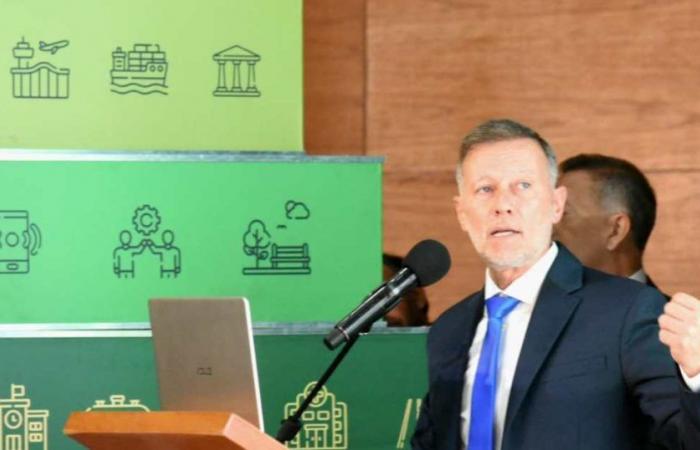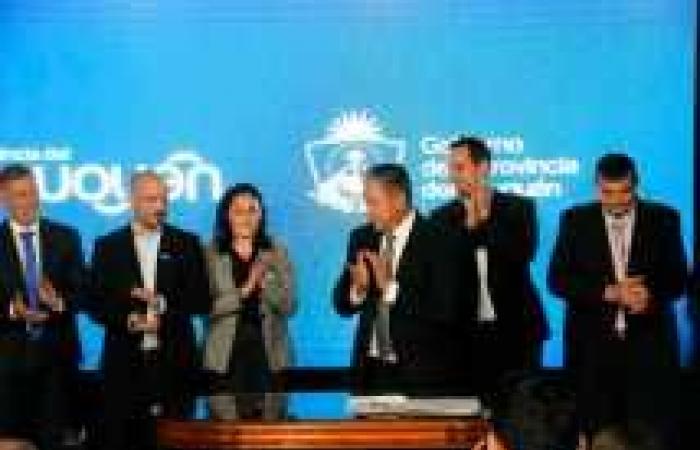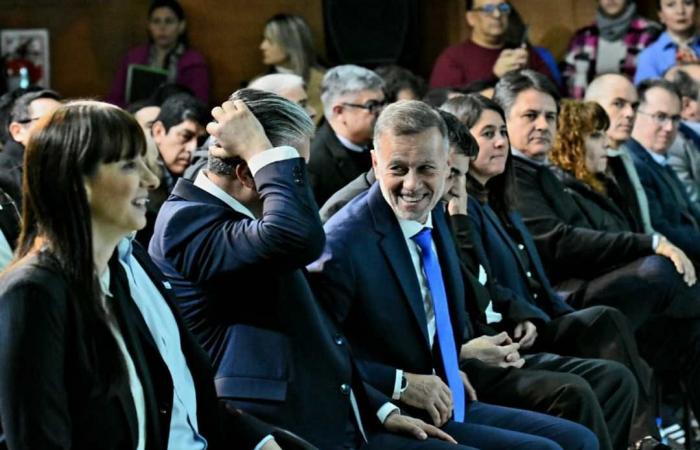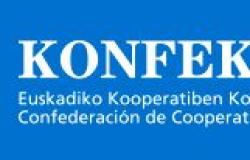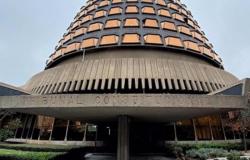This Wednesday the infrastructure plan called Edificamos Neuquén was presented, which has four axes that organize the different programs and initiatives regarding infrastructure: We build Neuquén; We connect Neuquén; Go ahead Neuquén; and Open Government.
Governor Rolando Figueroa assured that this “infrastructure plan for us is vital”. And he highlighted the need to have public officials and businessmen “very committed”.
“If someone asks for something wrong from one side or if someone offers something wrong from another side, please let me know“, said the governor and stressed that “in the Government of the Province of Neuquén there will not be a penny for any privilege on the left.”
“We need businessmen who compete, who offer better prices. We cannot be paying for the route twice what the rest of the country pays,” said the president. “It’s over: either they lower prices or they are going to compete with other people,” he said.
Said “Rubén (Etcheverry, Minister of Infrastructure) explained very well, when a private company ends up capitalizing at the expense of the investment of all the people of Neuquén”. The minister said that when he was a boy his father took him fishing in Villa La Angostura because there were no roads or energy, it was a place far from everything and from the people of Buenos Aires.
He assured that at that time a lot cost 10,000 dollars and now with the route and the arrival of gas and electricity those same lots started to cost 60.000, that is to say that they were valued by the investment that all Neuquéns made.
“Infrastructure must be financed,” he stated and added that this financing “isIt has to be part of the State, with a healthy balance; and another part has to be done by the private sector.”
The president estimated more than 4,000 million dollars the current infrastructure needs in the province, which is equivalent to “two provincial budgets” and even if that amount were invested, “when a work is carried out, a new need immediately arises, then we will always be missing something.”
In this sense, he highlighted that Neuquén is “the only province to which we were approved for a CAF loan”. And he announced that “we are the first province that has been approved for another 200 million dollars, to carry out works, from the IDB (Inter-American Development Bank). That is managing and working as a team.”
For this reason, it is necessary that “let’s prioritize, move forward and work together“, he said and assured that “we are going to work permanently to be able to achieve the works that are necessary for our citizens.”
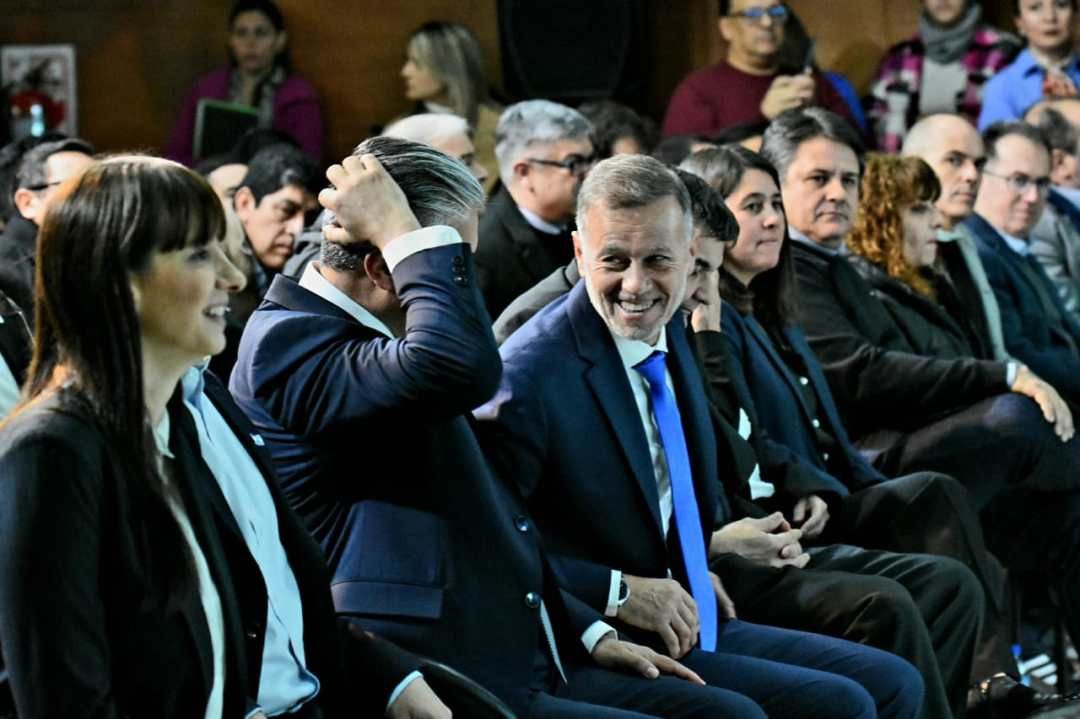
During the event, forms of financing, special projects and the map of works by region of the province were presented. Among the forms of financing that the provincial government will incorporate are Specific Funds such as the Contribution for tolls; international financing, pure private project and Capital Markets.
Neuquén stamp and distribution by region
For his part, Etcheverry highlighted that the plan is based on the Sustainable Development Goals (SDGs). “with a Neuquén imprint and based on regionalization”.
Among other aspects, he indicated that the strategy will be based on establishing priorities and that it will allow, “in four to six years, to double the road network we have.” mainly thanks to the efforts of Roads and UPEFE.
“It is our commitment to achieve within four years that 95% of all Neuquéns have electricity, that 90% have drinking water and hopefully we can achieve that 80% have sewage networks,” said the minister.
In addition, within the exhibition, it was projected a video presentation of SURI (Unified Registry and Information System), a digital registry developed by the areaa of Infrastructure, intended to articulate fluid communication between ministries.
For this, an agreement was signed to be part of SURI between the Ministry of Infrastructure and the rest of the ministries of the provincial cabinet.
The mayors of the city of Neuquén were present, Mariano Gaido; from Centenario, Esteban Cimolai; de Plottier, Luis Bertolini; from Senillosa, Lucas Páez; and from Vista Alegre, José Assad; members of the provincial cabinet; representatives of the College of Engineers, the College of Architects and the UOCRA, among others.
The 574 public works that are paralyzed
In the presentation of the Minister of Infrastructure, forms of financing, special projects were presented and a map of works by region in the province was shown. There will be 574 works to be completed and new.
During the event, a simple survey could be filled out using a QR code that will be available to those who attended, asking for their opinions on different topics related to infrastructure.


